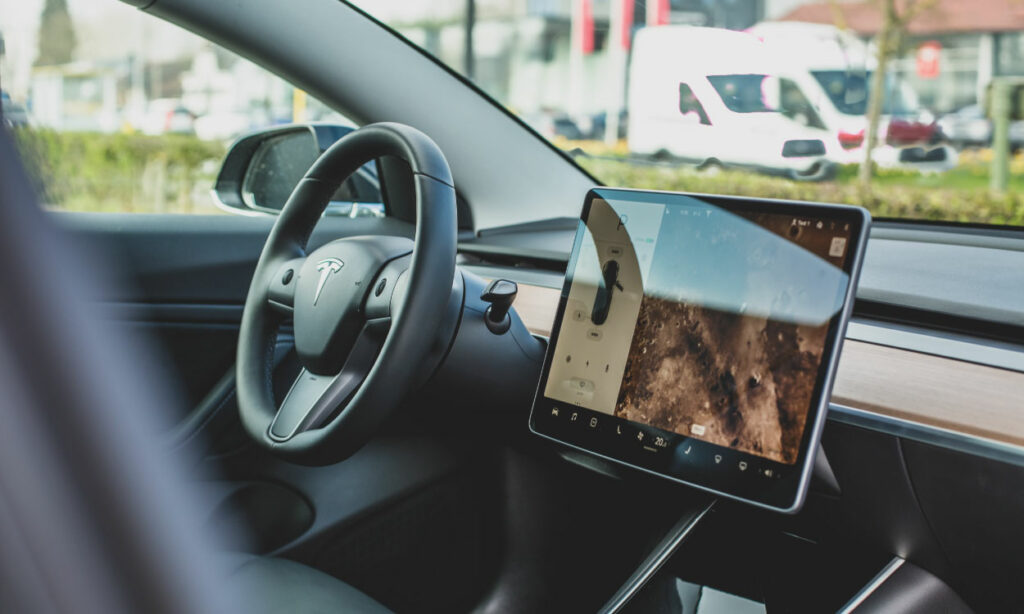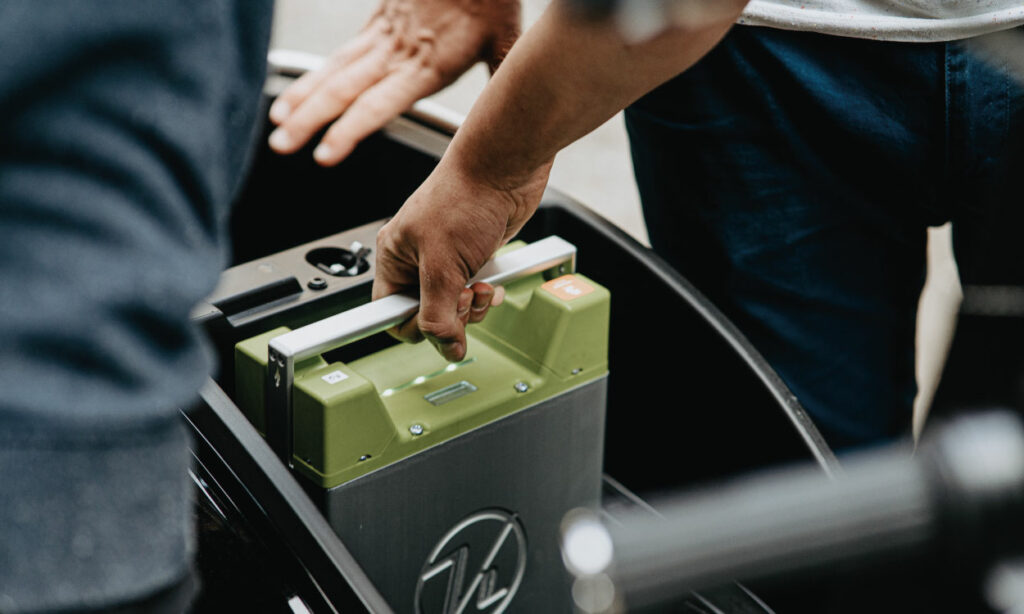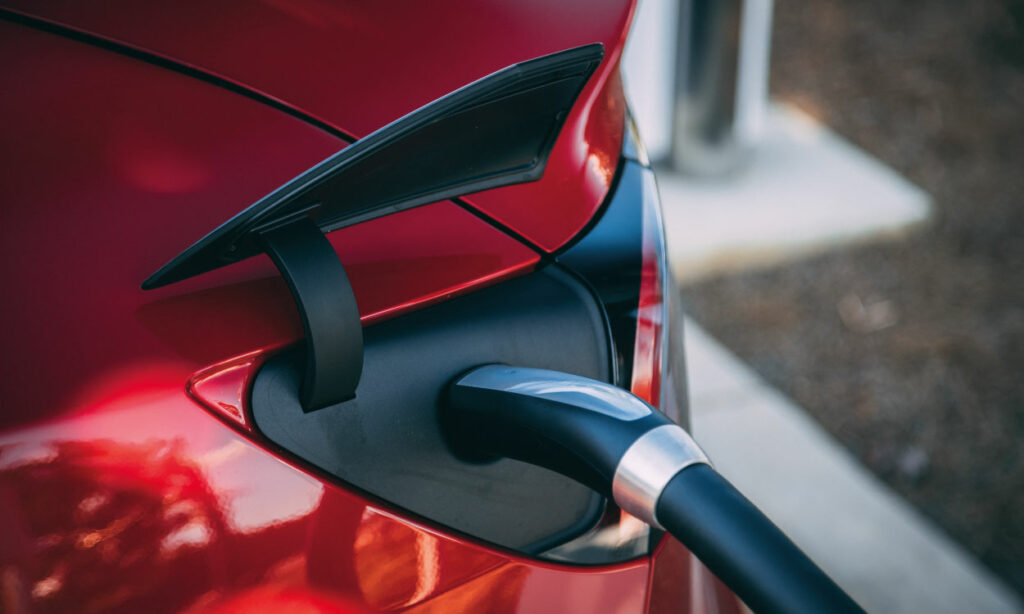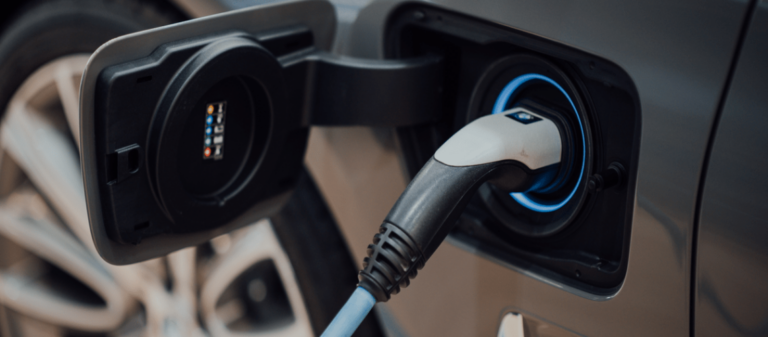Understanding electric car maintenance, how much it will cost and what you need to do is essential for EV drivers. This guide contains everything you need to know about keeping your electric car in top condition.
Despite their growing popularity on the roads, electric cars still remain a bit of a mystery to many drivers.
For example, how do they actually work? How much do they really cost to run and if you lift up the hood, what will you find?
The biggest question often surrounding EV Vehicles is electric car maintenance. How much maintenance do they need and does it work out cheaper than maintaining a petrol or diesel alternative?
With fewer mechanical parts making up an electric vehicle it makes sense to presume they’ll result in less maintenance time spent at the garage and subsequently, costs.
Luckily for you, the Evaa team are experts in all things EV’s and have put together this handy guide to help you get your head around eclectic car maintenance.

Do Electric Cars Require Less Maintenance than Petrol or Diesel Cars?
Anyone who has driven a petrol or diesel car knows that they require a considerable amount of maintenance and upkeep in order to keep them road-worthy.
This is largely due to the fact that conventional internal combustion engines have hundreds of moving parts meaning there’s a lot that could easily break or stop working.
Electric cars on the other hand have fewer moving parts which provides less opportunity for things to go wrong and therefore, reduced maintenance requirements and costs.
With an electric vehicle there are various common maintenance tasks that you avoid such as filling up engine oil and replacing timing belts.
What Maintenance do Electric Cars Need?
Whilst electric car maintenance is certainly a more streamlined process than maintaining a petrol or diesel car, there are still plenty of tasks that you’ll need to keep on top of when running an EV.
Battery Maintenance
Your EV may not have a traditional combustion engine but it will have a battery that’s pretty crucial to the running and overall performance of your electric car.
EV batteries are usually high-quality and robust but each manufacturer will have their own guidelines on maintenance and specifically, charging.
Efficiently charging your battery is one of the best ways you can maintain its performance for as long as possible.
Usually this will include not letting your EV battery run out of charge completely, keeping the battery power between 20%-80% at all times and using a mixture of rapid and normal charging.
Brake Maintenance
Electric vehicles use a combination of traditional braking and regenerative braking.
Regenerative braking converts the energy that is lost when a car slows down into stored energy for the car’s battery. This process makes braking more energy efficient and helps to reduce the amount of wear and tear on the car’s brakes.
This braking system means that EV’s need less maintenance on their brakes than petrol or diesel alternatives however you will still need to replace brake fluid, pads and discs throughout your electric car’s lifespan.
Tyre Care
Electric vehicles will usually have specific tyres to help cope with additional weights and accelerating power. These tyres also help to make electric cars famously quiet on the roads.
Just like ordinary tyres you’ll need to ensure the pressure is regularly checked and topped up and that worn tyres are replaced with new ones.
Coolant Levels
Most EV’s will use coolant in order to prevent batteries from overheating.
Coolant needs to be topped up and flushed and how often you need to do this will likely depend on your car manufacturer.
Coolant systems within an electric vehicle are usually sealed therefore we recommend that this is one maintenance task you always leave to an expert.

Do Electric Cars Need Oil Changes?
Changing the oil is one of the most annoying car maintenance tasks, let’s be honest. It’s messy and you can guarantee an oil change is always required at the least convenient time.
Luckily for EV drivers, oil changes are a thing of the past. Electric cars don’t use oil therefore there’s no need to get your hands dirty changing the oil.
It’s important to note however that EV’s do use oil inside their reduction gearboxes and there’s a chance this might need to be changed at some point during the lifespan of your electric vehicle.
What Kind of Repairs do Electric Cars Need?
Whilst electric vehicles require less maintenance than petrol and diesel cars and will certainly need less repairs, you may still have to take the odd trip to a mechanic.
The most common problems for EV’s which lead to breakdowns and garage visits are punctures or battery issues.
At some point during the lifespan of your electric car you may also find yourself replacing elements such as the cabin filter, brake fluid and air conditioning.
Whilst EV’s aren’t immune to breaking down, driving a well-maintained electric car drastically reduces your risk of having to call for roadside assistance.
Are Electric Cars Cheaper to Maintain?
The good news for EV drivers is that electric car maintenance tends to be considerably cheaper than that of traditional petrol and diesel cars.
This is largely due to the fact that electric cars need less maintenance so therefore naturally cause less of a dent to your pockets.
Not only do EV’s have fewer moving parts to maintain, they also avoid many of the most common and costly issues faced by petrol and diesel vehicles.
Exhaust system issues, engine fluid leaks and worn out brake pads are some of the most common problems for drivers, all of which won’t impact an EV.
Whilst brake pads still need to be maintained and replaced occasionally, the use of regenerative braking in electric cars means brake pads are maintained for much longer.
The reduced amount of maintenance required for electric vehicles therefore will undoubtedly help you to save money compared to the costs you would face maintaining a petrol or diesel alternative.

How Often Do Electric Cars Need Servicing?
How often an electric car needs servicing will depend on the car manufacturer but generally speaking EV’s tend to need servicing at the same time intervals as traditional petrol and diesel vehicles.
Thanks to having fewer parts however, services for electric cars are usually quicker and result in fewer repairs being required.
Whilst electric vehicles are still a relatively new addition to the roads you may have to shop around a little more to find garages and mechanics who have the knowledge of EV’s to conduct a thorough and quality service.
Do Electric Cars Still Need MOT Tests?
MOT’s ensure that your vehicle is safe to drive on the road and that it meets all of the legal safety and environmental requirements.
Due to their green-credentials electric cars don’t need an emissions test but just like all other vehicles, they do need MOT’s in order to be legally driven on the road.
Electric vehicle drivers must register their car for an MOT once the vehicle is 3 years old.
Final Thoughts
Getting to grips with electric car maintenance doesn’t need to be a headache. In fact, on the whole electric vehicles require considerably less maintenance, time and money than petrol and diesel alternatives.
One of the best things you can do as an EV driver to help keep your car maintenance as streamlined as possible is to optimise your battery usage.
The battery is, unsurprisingly, the most important part of your EV and ensuring it runs between 20%-80% at all times will help to keep maintenance to a minimum.
Remember you can contact the Evaa team at any time to find out more about our revolutionary electric vehicle charging app that’s in place across the country.


